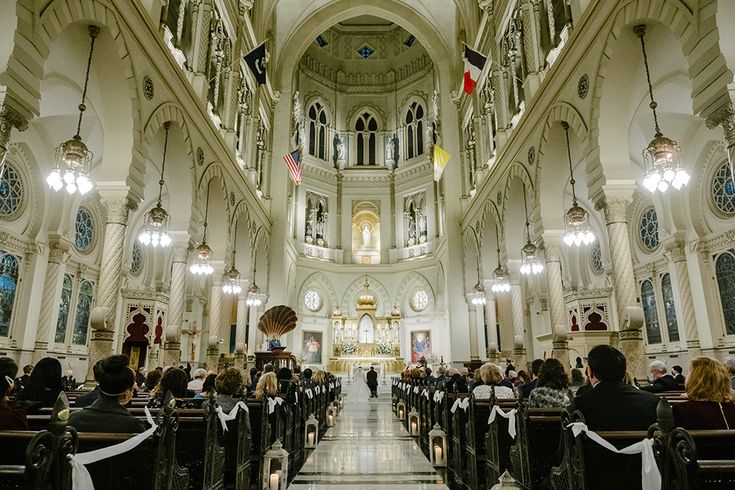It is not a structure, nor a place of worship, but a living and breathing society of believers in Jesus Christ. Fellowship is one of the main pillars of that fellowship body. Community is the heartbeat of this organism that provides a venue for spiritual growth through mutual support and fellowship- that is, to be in its Biblical form and vital to his pursuit of a strong, vibrant church environment. This extended blog will discuss the importance of fellowship and community in the church, the Biblical basis for both, the practical benefits of participation therein, as well as some tangible methods of cultivating these: —
What is Fellowship in the Church?
Fellowship means creating real relationships among believers. It consists not only of Sunday attendance or activities, but sharing growth in spiritual character, and loving one another in unity before God as a family.
Key Aspects :
- Shared Faith: A bond created by the same belief in Jesus as Savior.
- Mutual Edification: An encouragement for one another to be transformed spiritually and emotionally.
- Accountability: Gentle correction and support, as needed.
- Celebrating Diversity: Embracing the uniqueness of every other person as the body of Christ.
Why is Fellowship and Community Important in the Church?
The common fellowship nurtures faith and fosters a friendly atmosphere for believers.
1. Spiritual Growth
Group fellowship provides opportunities for spiritual growth for the people. It is within the group study of the Bible, prayer meetings, and discussions that the members understand others’ Scriptures and nurture one’s walk with God.
2. Encouragement and Motivation
Life has tough moments, and a supporting church fellowship brings encouragement. Be it a kind word from a member, prayer, or mere presence; it lifts spirits so that members have a reason to be strong amid the trials.
3. Building Trust and Accountability
In fellowship, believers hold each other accountable for their actions in a loving and non-judgmental way. This accountability fosters trust, ensuring that everyone is walking in alignment with Biblical principles.
4. Demonstrating Christ’s Love
Fellowship is an expression of fellowship, believers demonstrate the love of Christ among one another. It becomes a testimony in the world because, as Jesus said himself, “By this, all will know that you are my disciples if you have love one for another”.
What is Church Fellowship and Community in the Church?
This community embraces the belonging and relationship of all members of the church. While fellowship is about relations, community is not only the collective culture, values, and purpose, but the coming together of the whole church as well.
Characteristics of a Strong Church Community
- Unity in Purpose: Working together to glorify God.
- Shared Values: Alignment to Biblical tenets in action and decision making.
- Inclusive Culture: Welcoming all people from diverse backgrounds..
- Active Service: Outreach and charitable services.
The Role of Church Fellowship and Community in Strengthening the Church
1. Fostering Unity Among Believers
A church community is desired by Christ one with his followers. Together they will overcome boundaries and differences and have a more considerable impact.
2. Creating a Sense of Belonging
Few of us look for a spot where we will feel realized and accepted. It is thus that the wonderfully warm welcoming church community offers a place to belong and makes every member feel like an integral part of the family.
3. Encouraging Outreach and Evangelism
A solid community will inspire the people in its midst to serve. This service may be in a local outreach program, missions, or simply just helping to spread the Good News in everyday conversations.
4. Strengthening Worship
Worship becomes all the more enhanced when done collectively. A united church community will create an environment where its members can altogether express their love for God, thus improving the general worship experience.
Biblical Foundations :
1. The Early Church Model
Such would be an intangibility in Acts 2:42-47 as that of ‘the early church was devoted to the fellowship, the breaking of bread, and prayers’. They shared everything, making sure that they were selfless and at the same time, increasing the numbers that made their love for one another evident through their community unity.
2. The Command to Love One Another
All His teachings revolve around love, which is the basis under which Christian relationships operate. For instance, in John 15:12, recorded in His commandment, “Love one another, even as I loved you.” Fellowship, therefore, is practical and a demonstration of how to do this.
3. The Church as the Body of Christ
” 1 Corinthians 12:12-27 describes the church as an organism, having many members, where each one is important in its special way. All that shows the importance of unity, working together, and mutual respect in the church community.
Practical Ways to Cultivate:
1. Organize Small Groups
This always brings you to an intimate complete group where members can share, grow, and pray with one another. It also helps build more profound relationships and grips spiritual growth.
2. Plan Social Events
These include potlucks, retreats, and family days for members to socialize with each other more and build deeper levels of interaction.
3. Serve Together
This usually refers to volunteering at a church event or in the community, as this is an activity that brings all members together for that specific activity.
4. Embrace Diversity
Such a community reflects God’s creativity and love. Everyone welcomes different backgrounds and celebrates their unique special qualities in addition.
5. Leverage Technology
In our digital world today, technology can help a lot in building fellowship and community. Use church applications, social media platforms, and messaging groups to ensure that members remain in touch.
The Benefits of Church Fellowship and Community:
- Emotional Support: It takes the anxious feelings of loneliness and makes them feel less by providing a platform of safety in desperate times.
- Spiritual Nourishment: It gives encouragement for growth, teaching us to walk in the same shoes through learning and worship.
- Practical Help: Other relevant kinds of help would seem to be tangible help, such as meals, childcare, or even financial assistance.
- A Sense of Purpose: Members inspire using their time, talents, and resources to make a difference for the greater good.
- Stronger Evangelism: A united community within a church becomes a strong witness to others.
Challenges to Church Fellowship and Community: (and How to Overcome Them)
1. Busy Lifestyles:
A modern life seldom leaves one any time for community involvement. That’s why, on this behalf, churches need to organize events with flexible schedules and options where anyone can join in online.
2. Conflicts Among Members :
Naturally, conflicts among people will be obvious as a part of their fellowship. They direct their energy toward maintaining open communication and Christ-centered conflict resolution for unity.
3. Inclusion of New Members:
New members would find it a little difficult to settle in. Mentors or buddy systems assigned to them can help integrate them into the community.
Conclusion
If a church has fellowship and community, that church is alive. It gives strength to spiritual development, brings unchanging support, and mirrors God’s love to the world. In turning church elements into reality, an environment is created that psychologically makes each member feel important, intertwined, and encouraged to live his faith. Let us commit to building stronger relationships and fostering a more unified community knowing that together, we can better fulfill God’s purpose for His church.

